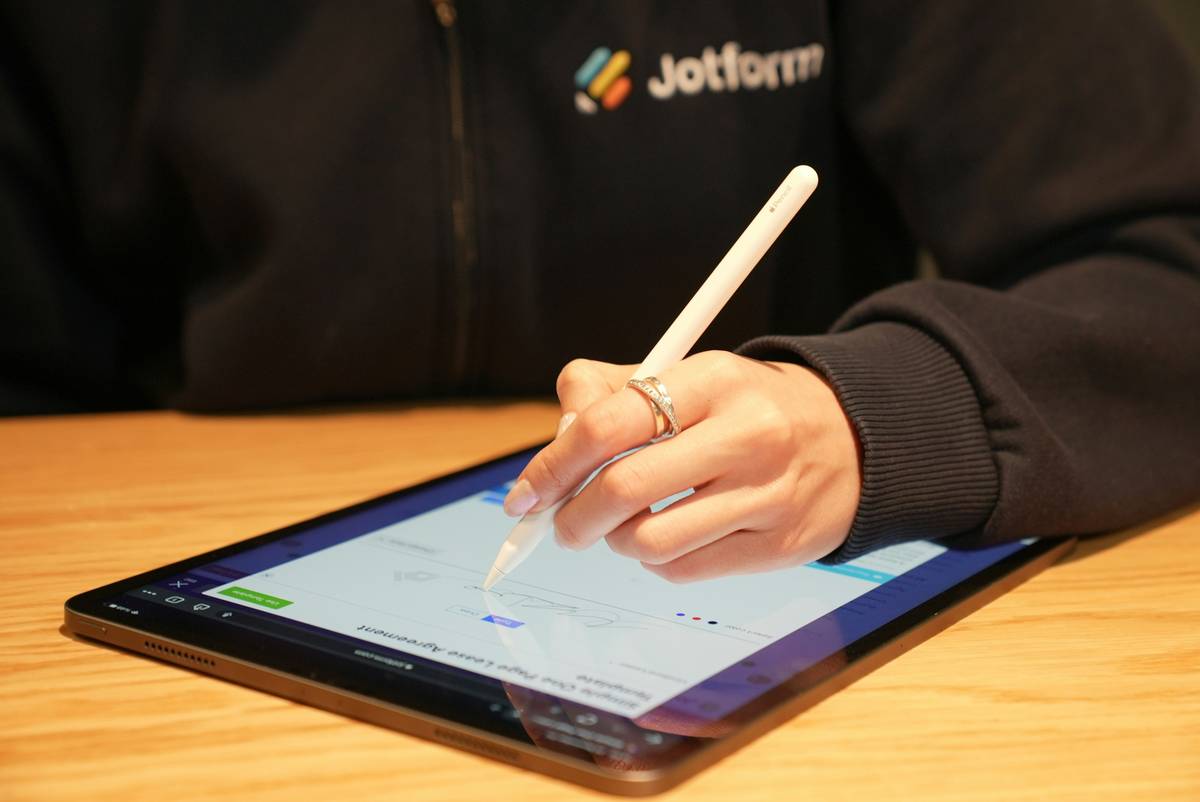Ever felt like you’re drowning in a sea of PDFs, notes, and half-finished research papers? You’re not alone. The struggle to stay organized while juggling academic responsibilities is real. But what if there was a way to streamline this chaos with just one smart academic tool?
In this post, we’ll dive into how research apps are revolutionizing productivity and well-being in academia. From pain points to solutions, you’ll learn why these tools are more than just fancy software—they’re game changers. Buckle up because we’ll explore:
- Why researchers desperately need better organization.
- Step-by-step guide on using the best smart academic tool out there.
- Tips and tricks that will save you hours every week.
Table of Contents
- The Problem: Researcher’s Overwhelm
- Step-by-Step Guide to Mastering Your Smart Academic Tool
- 5 Smart Tips for Maximizing Productivity
- Real-Life Examples: Success Stories from Academics
- Frequently Asked Questions About Research Apps
Key Takeaways
- A smart academic tool can significantly reduce time wasted on manual tasks.
- Research apps designed for productivity also enhance mental well-being by reducing stress.
- The right app integrates seamlessly with your workflow, saving both time and frustration.
The Problem: Researcher’s Overwhelm—And Why It Matters
Let’s get brutally honest here. Picture this: I once had a spreadsheet so complicated it took me an hour *just* to figure out which column meant what. By the time I finished deciphering my own mess, I was too mentally drained to do actual work. Sound familiar?
Researchers face unique challenges: endless citations, data collection nightmares, formatting hoops—it’s enough to make anyone lose their mind. And let’s be real, who has the energy to manage all this without sacrificing sleep or snacks?

Enter smart academic tools. These apps don’t just organize; they act as digital lifelines pulling you back from overwhelm. They help declutter your brain so you can focus on what truly matters: quality research.
Step-by-Step Guide to Mastering Your Smart Academic Tool
Optimist You: “Alright, let’s crush this!”
Grumpy You: “Ugh, fine—but only if coffee’s involved.”
Fair enough. Here’s the lowdown on mastering the ultimate smart academic tool:
Step 1: Choose the Right App
Not all apps are created equal. Look for features like cloud storage integration, AI-powered search, and cross-device syncing. Two standout options include:
- Zotero: Perfect for managing bibliographies and citations.
- Notion: Ideal for organizing projects, notes, and to-do lists.

Step 2: Set Up Your Workspace
Create dedicated folders for each project. Pro tip: Color-code them for easy navigation. Trust me, finding “Project Blue” beats scrolling aimlessly through unsorted files.
Step 3: Leverage Automation
Don’t reinvent the wheel. Use automation features like auto-formatting citations or tagging documents based on keywords. This frees up precious brainpower.
5 Smart Tips for Maximizing Productivity
- Sync Across Devices: Access your research whether you’re at home, in class, or lounging at Starbucks.
- Collaborate Smarter: Share links instead of bulky email attachments. Bonus: Real-time editing = fewer version-control headaches.
- Schedule Regular Cleanups: Once a month, purge unnecessary files. Less clutter equals less stress.
- Use Templates: Save time with pre-designed layouts for proposals, reports, etc.
- Take Breaks: Burnout is terrible advice but often ignored. Schedule breaks—it improves focus!
Real-Life Examples: Success Stories from Academics
Dr. Emily Carter, a neuroscience professor, swears by her Zotero setup. She credits the app with cutting her citation time in half during thesis writing. Meanwhile, grad student Liam Patel uses Notion to balance coursework, lab duties, and personal life. Liam says, “It’s chef’s kiss for drowning algorithms.”

Frequently Asked Questions About Research Apps
What makes a good smart academic tool?
An ideal tool should simplify workflows rather than complicate them. Think usability, integration capabilities, and customer support.
Are free versions sufficient?
Depends. Free tiers offer great starting points, but premium plans unlock advanced features worth considering.
How do I pick the best app?
Identify your specific needs first. For example, heavy bibliographic work might demand Zotero, while task management suits Notion.
Conclusion
To sum it up, adopting a robust smart academic tool isn’t optional—it’s essential for modern researchers. From streamlining tedious tasks to safeguarding mental health, these apps empower you to thrive academically *and* personally.
Remember, simplicity wins. Start small, experiment, and find what works best for your workflow. Now go forth and conquer academia like the superstar you are!
P.S. Like a Tamagotchi, your research app needs daily care—but trust us, it’s worth it.


